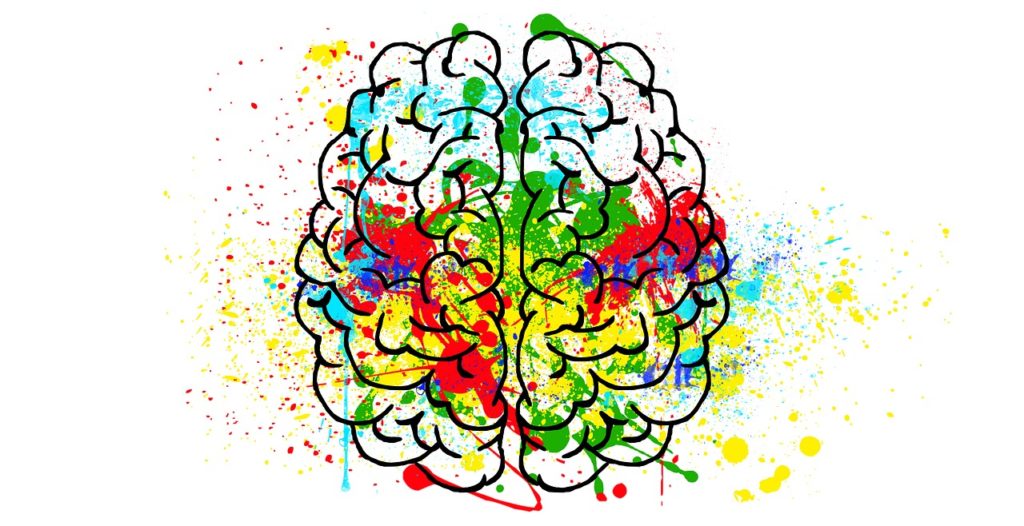It benefits a person (and a coach) to have a good understanding of one’s personality as they dive into sessions. Having information on how a person thinks and reacts will enhance a coach’s intuitiveness while listening to a client. Further, anyone can benefit by knowing his or her own personality on a deeper level. Knowing this allows one to better understand why one feels a certain way, acts or reacts a certain way, and tends to lean a certain way in behavior.
This valuable information can be obtained through a DiSC assessment which was developed from the research of William Mouton Marston’s model of behavior in 1928. Marston found that various behaviors could be placed in four main categories: Dominance, Inducement, Submission, and Compliance. Today, after loads more research and development, DiSC now stands for Dominance, Influence, Steadiness, and Conscientiousness.
Type D: Dominance
“People with the DiSC D style personality tend to place a strong emphasis on shaping the environment and overcoming opposition to accomplish results.”
Are you competitive? Like to plunge into action instead of waiting for others? Got that ‘winning’ personality? You’ve got some D to you as far as the DiSC assessment is concerned. D people like to break barriers down and overcome obstacles. They also may see fear, vulnerability, and compromise as a hindrance. These folks make great natural leaders, though a D style alone may make for some teamwork challenges.
Type i: Influence
“People with the DiSC i style personality tend to place an emphasis on shaping the environment by influencing or persuading others.”
People with an ‘i’ type make great teachers and coaches. They love to boost others up to their full potential. This type has more to do with feelings in that they can be impulsive and lose focus on their tasks. They make great team players in leadership as they constantly motivate others. However, they may be challenged in accomplishing their own goals.
Type S: Steadiness
“People with the DiSC S style personality tend to place an emphasis on cooperating with others within existing circumstances to carry out a task.”
S folks have a yearning for peace, compromise, and stability. With desires for stability and security, S people may learn towards a place of support for others. This personality type could drive one to a profession of public service. The challenge for S personalities is that they tend to keep to themselves and not care for their own needs; they’re often overly modest.
Type C: Conscientiousness
“People with the DiSC C style personality place an emphasis on working conscientiously within existing circumstances to ensure quality and accuracy.”
Those with a strong C presence in their assessment will find they are very analytical, measuring the good with the bad and all possible courses of action. This is great in the way of self-awareness and could help in personal growth. However, this can also lead to overuse of the facts and a desire to be perfect. C types may have a hard time finding compromise when it leads away from logic in some cases. C folks make great analysts and scientists, but could be challenged when they need to compromise the facts for the sake of the team.
A Combination of Complexities
Most people are a combination of the four categories and not solely one type. This is what makes us so dynamic. Knowing one’s own (or one’s client’s) combination is helpful in understanding why a person leans a certain way. It also can strongly help in overcoming challenges as the hang-ups may be more plainly seen.
Imagine a person is hung up on the details and cannot see past logic. He may be a strong a C. Knowing this, he may realize he needs to look past the details and go for it. Now think of a person struggling with stress and focused on fixing conflict in others. Finding she’s a strong S type might help her realize she’s not taking care of herself. This could shift her focus.
There’s a number of benefits to knowing one’s type combination. Therefore, a great benefit for coaches to know their clients’ DiSC assessment results. We can strive to solve problems, ask loads of questions, hit every angle blindly, but without having a deeper understanding of how a person tends to think, we could be shooting in the dark. Knowing a person’s drive and tendencies helps in knowing where to aim when we feel in conflict or simply ‘stuck.’ For coaches, this means knowing where a client is coming from and leading the questions in a way that works with a personality instead of butting up against it.
Take the Test!
To take a free DiSC assessment offered by Tony Robbins, click here. You may be surprised by what you find, or maybe not. Perhaps you’ve already analyzed yourself. Either way, it’s good to save your results and share with a coach. That way, when you need support, someone else has a better understanding of how your brain works. Similarly, as a coach, this is a great link to share with clients so you can better help them overcome their obstacles.
People are complicated, but we don’t have to stay stumped. Getting a deeper understanding of one’s personality and behavior traits can help maximize our ability to perform not only in self-help but in all other aspects of our lives. We become better coaches, leaders, parents, partners, and more by knowing ourselves better. So take the time and find out and dive into a deeper understanding of you.
